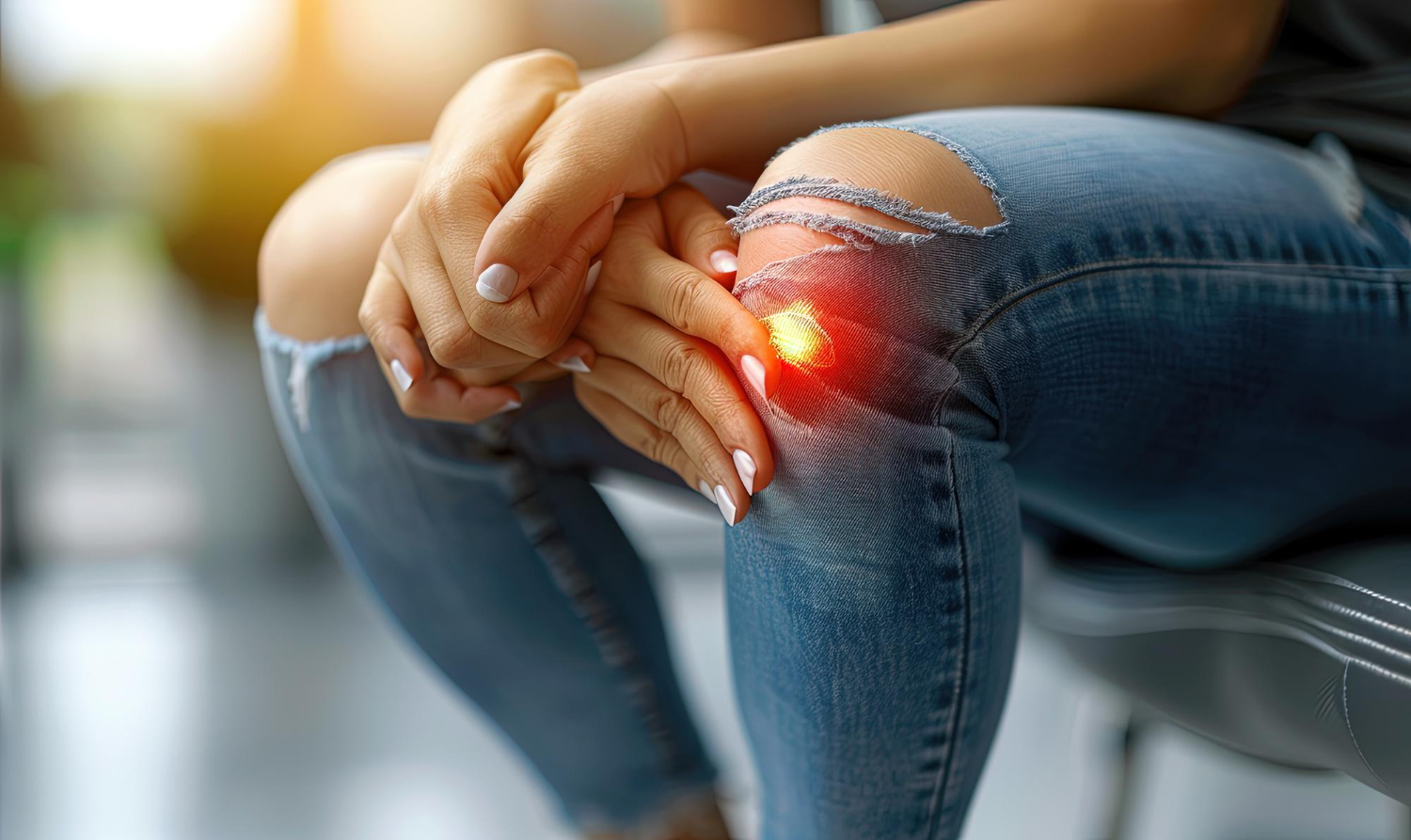
Non-Surgically Manage Pain at Arthritis Knee Pain Center
Arthritis is a common yet debilitating condition that affects millions of people worldwide, particularly as they age. It can lead to joint pain, inflammation, and stiffness, with the knees often bearing the brunt of these symptoms. Fortunately, those seeking relief without going under the knife have options. The Arthritis Knee Pain Center offers a range of non-surgical treatments tailored to reduce discomfort, improve mobility, and enhance overall quality of life. In this article, we will explore several effective non-surgical approaches available at the Arthritis Knee Pain Center to help you manage your arthritis.
1. Understanding Arthritis and Its Impact on the Knees
To understand why the Arthritis Knee Pain Center prioritizes non-surgical approaches, it’s essential to understand arthritis itself. Arthritis, specifically osteoarthritis in the knee, is a degenerative joint disease that occurs when the protective cartilage between bones wears down. This can lead to increased pain and decreased mobility, making even simple movements challenging.
2. Physical Therapy: Strengthening Muscles and Supporting Joints
Physical therapy is often the first line of defense in managing knee arthritis without surgery. The Arthritis Knee Pain Center collaborates with physical therapists who design exercises to strengthen the muscles around the knee joint, improving stability and reducing stress on the joint.
3. Hyaluronic Acid Injections: Restoring Joint Fluid
A popular non-surgical option at the Arthritis Knee Pain Center is hyaluronic acid injections. Hyaluronic acid is a natural substance found in joint fluid that lubricates the joints, allowing for smoother movement. For arthritis patients, the level of hyaluronic acid can decrease over time, leading to joint pain and stiffness. By injecting hyaluronic acid directly into the knee joint, the Arthritis Knee Pain Center helps restore this lost lubrication, which reduces pain and increases the knee’s ability to move freely.
4. Platelet-Rich Plasma (PRP) Therapy: Encouraging Natural Healing
Another cutting-edge non-surgical treatment offered at the Knee Pain Center is Platelet-Rich Plasma (PRP) therapy. PRP therapy uses a patient’s own blood, which is processed to concentrate platelets and growth factors. When injected into the knee, PRP promotes healing and reduces inflammation.
5. Weight Management: Reducing Strain on the Knee
Weight management plays a vital role in managing arthritis. Excess weight can put additional stress on the knees, exacerbating pain and accelerating joint wear and tear. The Knee Pain Center emphasizes the importance of maintaining a healthy weight to reduce knee strain and improve overall health.
6. Non-Steroidal Anti-Inflammatory Drugs (NSAIDs): Relieving Pain and Inflammation
Over-the-counter medications, such as non-steroidal anti-inflammatory drugs (NSAIDs), can be beneficial for managing mild to moderate arthritis pain. These medications work by reducing inflammation, which is a primary cause of pain in arthritis sufferers. The Arthritis Knee Pain Center may recommend NSAIDs as part of a broader pain management strategy.
7. Knee Braces and Orthotics: Enhancing Stability and Support
For many patients, knee braces and orthotics can offer invaluable support. The Pain Center often suggests braces to provide additional stability to the knee joint, especially during activities that might otherwise trigger pain. Orthotics, such as specialized shoe inserts, can also help by aligning the leg and redistributing weight, reducing pressure on the knees.
8. Corticosteroid Injections: Reducing Inflammation Quickly
Corticosteroid injections, administered at the Arthritis Knee Pain Center, offer quick and effective relief from inflammation-related knee pain. These injections contain powerful anti-inflammatory agents that reduce swelling in the knee joint, often providing immediate pain relief.
9. Lifestyle Modifications: Small Changes, Big Impact
Lifestyle changes can have a profound impact on arthritis symptoms. The Knee Pain Center often recommends simple adjustments, like choosing lower-impact exercises such as swimming or cycling, which can improve strength and flexibility without aggravating the knee. Additionally, applying ice or heat to the knee after activity can reduce pain and stiffness. The Arthritis Knee Pain Center’s team provides patients with guidance on these lifestyle changes.
Conclusion
Managing arthritis doesn’t always require surgery. Through physical therapy, injections, weight management, and lifestyle adjustments, the Arthritis Knee Pain Center provides an array of non-surgical treatments tailored to relieve pain, restore mobility, and improve quality of life. Whether you’re looking for temporary relief or long-term improvement, these approaches can help you regain control over your mobility and reduce the impact of arthritis.
FAQs
Q: How often do I need to undergo hyaluronic acid injections?
A: Most patients require these injections every few months, but the frequency may vary based on individual needs and the progression of arthritis.
Q: Are PRP and corticosteroid injections painful?
A: Some patients may experience mild discomfort during the procedure, but the Arthritis Knee Pain Center uses techniques to minimize pain as much as possible.
Q: Will knee braces work for severe arthritis?
A: Knee braces are more effective for mild to moderate arthritis but may still provide stability for those with severe arthritis in combination with other treatments.
Q: Can diet alone manage arthritis pain effectively?
A: While diet and weight management play a critical role, they are most effective when combined with other treatment approaches available at the Arthritis Knee Pain Center.





Leave Your Comment